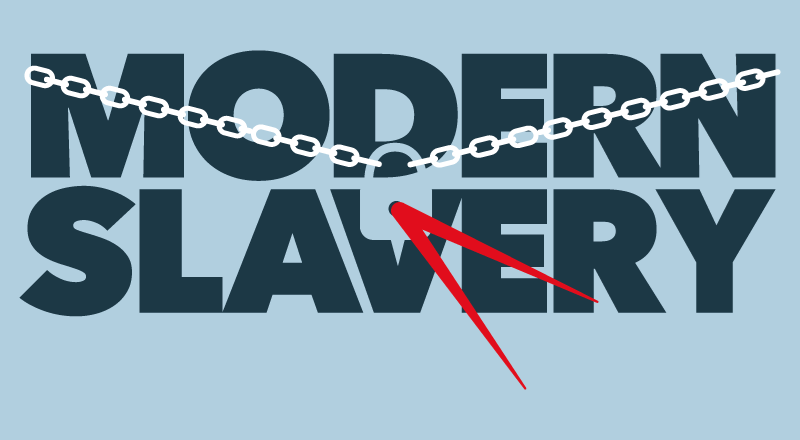There is a public perception that auditors can and should be doing much more to deter and detect fraud and prevent the unexpected failure of large companies.
But there are many players in the financial reporting ecosystem – not just auditors – who directly or indirectly influence the quality and reliability of financial reporting and the likelihood that fraud will be prevented or detected.
ICAEW’s new publication, Sharpening the Focus on Corporate Fraud - An Audit Firm Perspective, provides a snapshot of recent and ongoing audit firm initiatives. These demonstrate the direction of travel and the scope, scale and significance of the transition that is happening across the audit profession as firms take steps to better deter and detect fraud.
Driven by insights from auditors at the UK’s largest audit firms, the report sets out what more can be done to prevent and uncover fraud by audit firms, company directors, government and audit regulators. The publication also considers what stakeholders can and should be doing now, in anticipation of the expected audit reforms reflected in the government’s May 2022 response to the consultation on strengthening the UK’s audit, corporate reporting and corporate governance systems (the ‘Feedback Statement’).
The report’s recommendations include:
- Audit firms working to change ingrained cultures, behaviours and mindsets, assessing the need for greater, risk-assessed specialist and forensic involvement at all stages of the audit, embedding fraud-related learnings across the firm and reinforcing professional scepticism.
- Executive and non-executive directors reconsidering the adequacy of the company’s current approach to fraud risk management, re-evaluating the overall company ethos and engaging all stakeholders in the audit process, as well as developing an audit and assurance policy.
- Government and audit regulators involving all stakeholders in a debate about fraud risk management to inform new fraud-related requirements for companies and related requirements for auditors, enforcing existing sanctions against those who mislead auditors, and engaging with HMRC, the FCA and others to enable more effective sharing of fraud-related learnings.
Download 'Sharpening the Focus on Corporate Fraud - An Audit Firm Perspective' here to read the full report.
Watch a recording of our webcast where Iain Wright, ICAEW’s Managing Director, Reputation and Influence, hosts an expert panel, including Audit Committee Chairs’ Independent Forum Chair Jock Lennox and interviewees from the largest UK audit firms, to discuss the new publication in more detail.
Recent articles
Future of audit
Following the UK government's feedback statement on audit and corporate governance reform, we explore the various factors shaping the profession in 2022.



